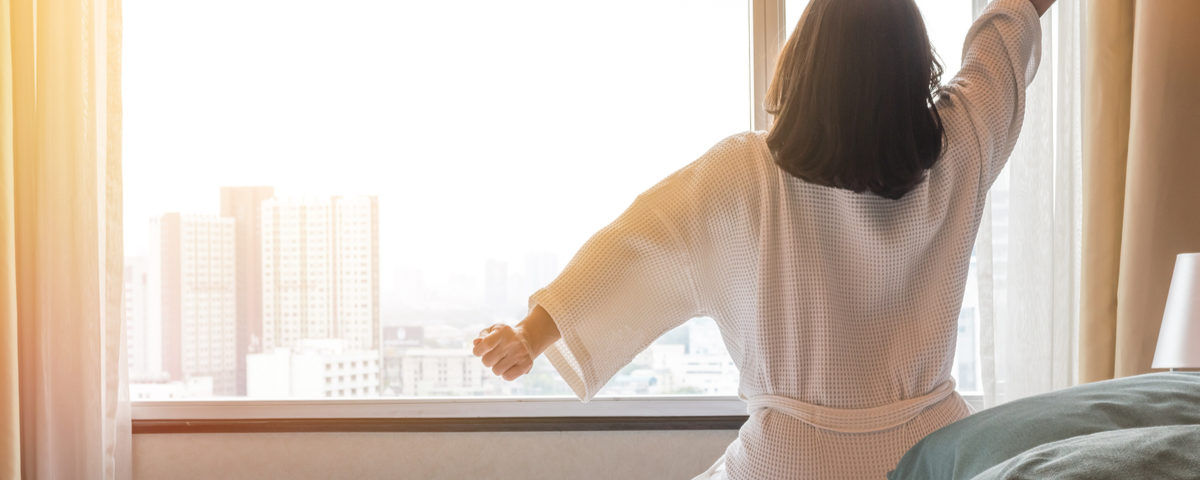Can hotels help us live more sustainably? Can they help us prepare and adapt for a life that will increasingly be defined by an ever-worsening climate emergency?
Over the last few months we have seen hotels reinvent themselves twice. In the early stages of the COVID crisis, when there was absolutely no discretionary travel, and hotels lay empty around the world, there were many examples of them repurposing themselves to be used as hospitals, or quarantine sanctuaries. I wrote about this and other examples of our industry’s solidarity during this phase of the emergency.
And now, they are in the process of reinventing themselves again. As tourism nervously opens back up again hotels are having to rethink how they do business, and reassure travellers that they will be safe. This can mean so much that we associate with hotels, such as mingling with strangers at the bar or in the lobby, having to change. Far from offering connection, it is isolation that people crave.
But, as I wrote last week in my blog on adventure travel, we have to look beyond providing isolation for our industry’s future role. And while it is impossible to know what the world will change to as a result of the impacts of COVID, we do know that it is not the only crisis we face. And if adjusting to life feels hard right now, it is nothing compared to the changes we need to make in order to prepare for (and hopefully avert the worst of) the climate and biodiversity emergency.
I believe hotels and other forms of holiday accommodation can play a vital role in this process. A hotel is a manufactured reality. A liveable fiction. It’s why we love them, because they offer us a chance to eat, sleep and play away from our everyday life.
This also makes them an ideal place to experiment and discover different sustainable ways of living.
Over the next years and decades, we need to rethink and redesign just about everything. We need to eat less or no meat, dairy and fish. We need to stop making so much waste, and start returning it into our value chains through circular approaches. We need to rework air conditioning and heating. Change the way we use materials so we don’t exhaust so many resources. Grow plants that are suitable for a changing climate, needing no watering, and avoiding the use of chemical inputs. Wean ourselves off fossil fuels, and run our lives on clean energy.
It is an overwhelming list. Where would you begin? What would you do first in your home? In your daily lives?
What if going on holiday gave you and your family the chance to play and discover what was possible? Sleep on bedding made from recycled plastic bottles on an upcycled bed, in a natural ventilated room. Enjoy plant-based meals cooked by professional chefs. Stroll around xeriscaped gardens discovering which plants are best adapted to the conditions. And realise that the whole experience is running on renewable energy.
In Amsterdam the Innovation Lighthouse’s Sustainable Stays project is doing something very much like this. Working with hotel partners such as the Student Hotel, they are kitting out rooms as living laboratories, ‘testing’ different solutions and innovations, showcasing them for guests who come to the properties, and advising businesses on how to operate more sustainable hotels as a result.
It’s a brilliant project, but whereas it is an isolated example of the approach, the principle could underpin how we imagine the future of the entire hotel sector. Just as we go to museums and old houses to understand how people lived in the past, our visits to hotels could help us learn how we might live in the future.
You may also be interested in…
- Contactless Hotel Operations Have Moved from Nice-to-Have to a Necessity
- Eight things the hotel industry can do to aid revenue recovery
- Stringent hotel protocols unveiled as hospitality industry re-opens


